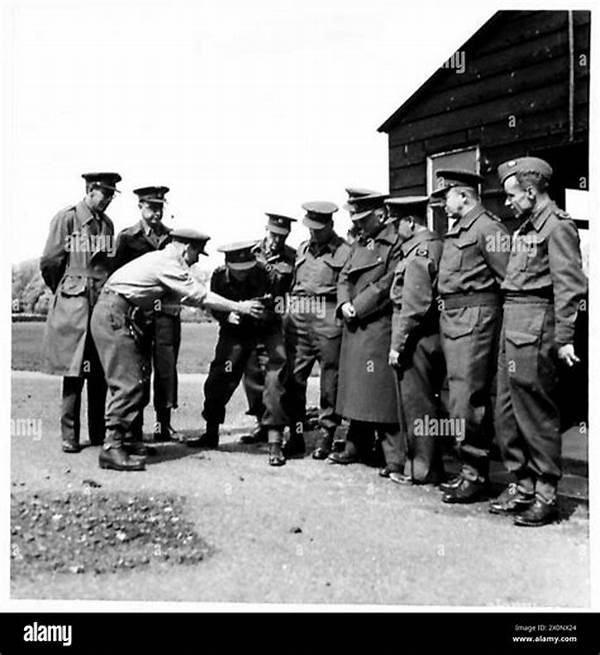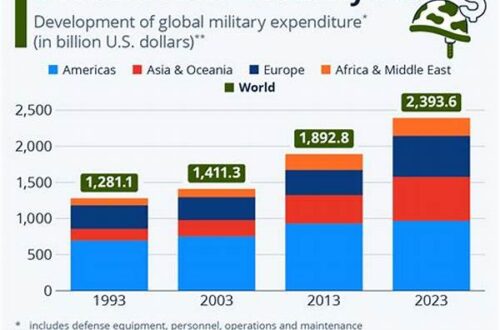The role of a war correspondent is one of immense responsibility, carrying the duty to deliver accurate and impartial information from conflict zones to the global audience. The situations they navigate necessitate the adherence to stringent ethical standards to ensure that the truth is presented with respect and dignity to all parties affected by war.
Importance of Ethical Standards
In the volatile environments where war correspondents operate, the necessity for ethical standards becomes exceedingly apparent. These principles not only guide correspondents in their reporting but also ensure that the narratives constructed are factual and unbiased. Ethical standards for war correspondents serve as an essential framework that helps to maintain the integrity of journalism. They are tasked with the critical role of observing and reporting on the realities of conflict, while simultaneously navigating the potential dangers of biased reporting. This requires a disciplined adherence to ethical standards, ensuring that their work is free from personal or external influences that could skew the portrayal of events. Additionally, these standards are vital in safeguarding the dignity and humanity of those involved in conflicts, as well as protecting the journalists themselves from becoming tools of propaganda.
The ethical standards for war correspondents also involve a commitment to truthfulness and accuracy, balancing the need for timely reporting with the responsibility of verifying the facts. This balance is delicate, yet essential, in providing the public with reliable information. Moreover, these standards help protect the various stakeholders from misinformation, which can exacerbate tensions and lead to misunderstandings. War correspondents, thus, bear the critical responsibility of adhering to these principles to contribute to an informed global discourse, emphasizing the importance of ethics in journalism, especially in conflict reporting.
Principles Governing Ethical Standards
1. Commitment to Accuracy: Ethical standards for war correspondents demand rigorous fact-checking processes to ensure reports are precise, reflecting true depictions of conflict scenarios without embellishment or distortion.
2. Impartial Reporting: Neutrality is a cornerstone of ethical standards for war correspondents. Journalists must avoid revealing biases or taking sides, maintaining an impartial stance in all reporting.
3. Respect for Human Dignity: Ethical standards for war correspondents include respecting the dignity and privacy of individuals affected by conflict, ensuring their representation is handled with sensitivity.
4. Avoidance of Sensationalism: Ethical standards prohibit war correspondents from using sensationalist tactics that may distort public perception and unnecessarily heighten emotions.
5. Accountability: Maintaining transparency and accountability in reporting is integral to ethical standards for war correspondents, ensuring corrections and clarifications are promptly issued when necessary.
Challenges in Upholding Ethical Standards
War correspondents face numerous challenges while striving to uphold ethical standards in their reporting. The complex and often chaotic circumstances of conflict zones can pose significant hurdles to maintaining objectivity and accuracy. The pressure to quickly deliver news can lead to ethical dilemmas, as the speed of reporting must be balanced with a commitment to thorough fact-checking. Furthermore, the presence of diverse, and sometimes conflicting, narratives within the same conflict can complicate efforts to present an unbiased account. Despite these obstacles, ethical standards for war correspondents remain a fundamental necessity for preserving the credibility of their profession.
Ethical standards for war correspondents also entail navigating potential external pressures, such as political influences or the strategic interests of media organizations. Correspondents must skillfully manage these influences to ensure that their reporting remains autonomous and truthful. This often requires a strong ethical conviction and a principled commitment to journalistic integrity, reinforcing the role of ethics in guiding responsible conflict reporting. By adhering to these standards, war correspondents can maintain the trust of their audience, providing reliable insights into the realities of war.
Ethical Considerations in Practice
Reinforcing Ethical Standards
In a rapidly evolving media landscape, reinforcing ethical standards for war correspondents is more critical than ever. Technological advancements have increased the immediacy of news delivery, posing new challenges in maintaining journalistic integrity. The proliferation of digital platforms has further heightened the necessity for adherence to ethical standards, as misinformation and sensationalism can propagate quickly and widely. War correspondents must therefore exhibit heightened vigilance, ensuring that their reporting remains grounded in truth and objectivity. This calls for a renewed emphasis on ethical training and the development of robust monitoring systems that uphold the profession’s esteemed standards.
The ethical standards for war correspondents also underscore the importance of editorial oversight, providing a structured mechanism for maintaining quality control in reporting. News organizations must foster an environment where ethical dilemmas are addressed openly, and journalists are supported in making principled decisions. By reinforcing ethical standards through comprehensive training programs and transparent organizational policies, the integrity of war correspondence can be preserved, contributing to a well-informed and engaged public.
The Role of Ethical Standards in Conflict Reporting
Ethical standards for war correspondents play a pivotal role in shaping the narratives that emerge from conflict zones. They form the backbone of responsible journalism by setting parameters that guide correspondents in their portrayal of complex geopolitical events. The adherence to these standards ensures that reporting is balanced and provides a nuanced understanding of conflicts to a global audience. As correspondents work in unpredictable and often perilous conditions, their steadfast commitment to ethical standards becomes a testament to the professional rigor and moral integrity they uphold in delivering truthful accounts.
Furthermore, ethical standards serve to protect the interests of affected civilians, journalists, and the wider public, reinforcing the essential role of the media in democracy and conflict resolution. By adhering to ethical principles, war correspondents can effectively communicate the human impact of conflicts while supporting pathways to peace and reconciliation through informed discourse. The continued emphasis on these standards will ensure that war correspondents fulfill their crucial role with dignity and respect for those they report on.
Conclusion
In conclusion, ethical standards for war correspondents are indispensable in ensuring that conflict reporting is conducted with integrity, accuracy, and humanity. These standards act as a guiding compass, helping correspondents to navigate the myriad challenges of conflict zones while remaining true to the principles of responsible journalism. By maintaining a steadfast commitment to ethical practices, war correspondents serve as vital instruments of truth, illuminating the complexities of war for a global audience.
Ethical standards not only uphold the credibility of individual journalists but also reinforce the broader trust in media institutions. As the dynamics of conflict reporting continue to evolve, it is imperative for correspondents and media organizations to remain dedicated to upholding and strengthening these standards. Through their unwavering commitment to ethical reporting, war correspondents play an essential role in fostering an informed public, promoting understanding, and contributing to peace and democracy worldwide.





